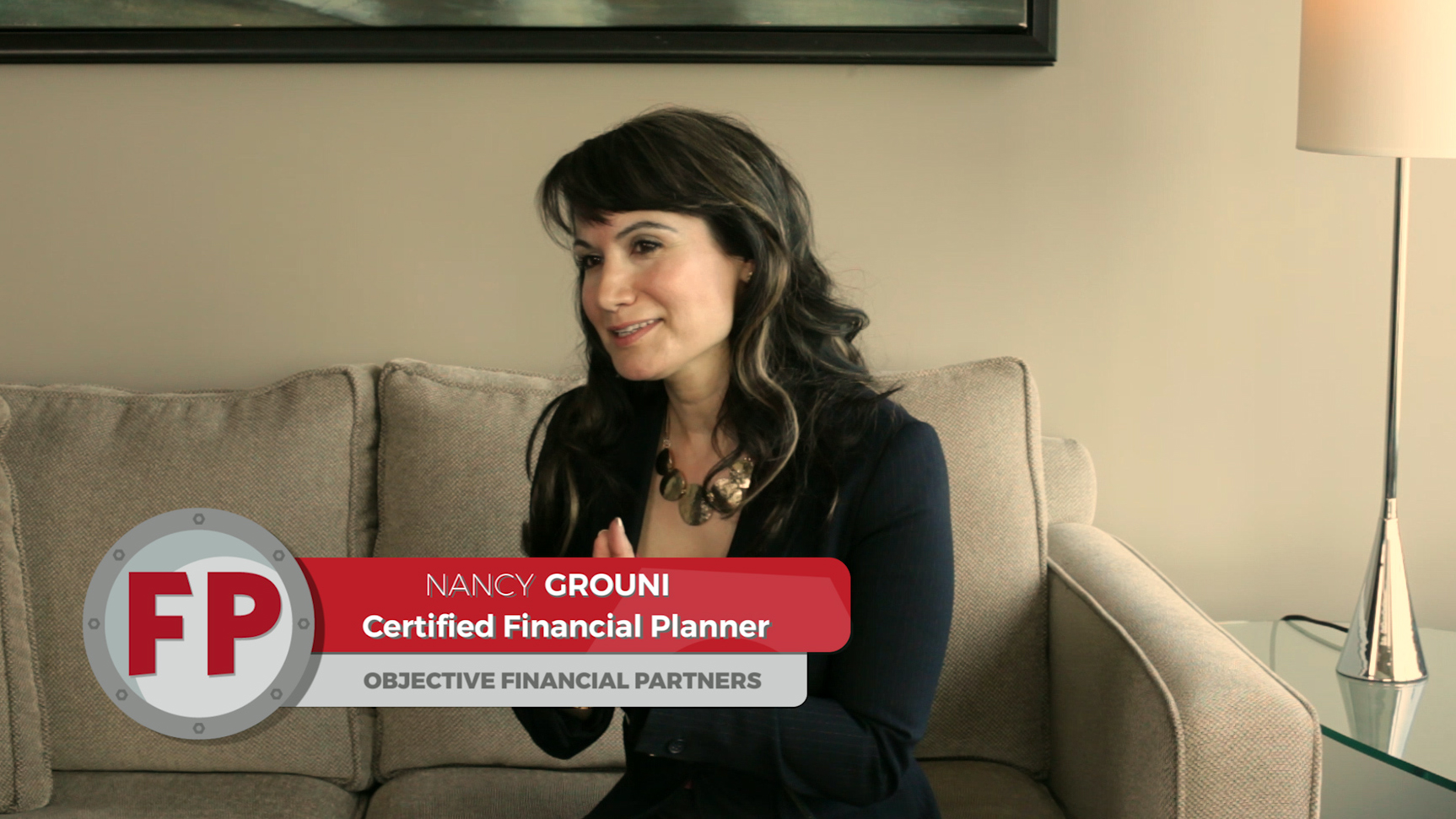Borrowing to invest may seem like a perfectly acceptable way of using someone else’s money to increase the value of an investment.
Sophisticated and professional investors use this technique all the time, utilizing such methods as a margin account, which allows them to borrow money from their brokerage to finance trades.
And there are people in the investment community exhorting home owners to use the equity in their house to finance investments.
But borrowing to invest may not be such a hot idea for the typical investor.
“It does make me nervous,” said Nancy Grouni, a certified financial planner with Objective Financial Partners in Richmond Hill, Ont.
She’s seen instances where “someone has a margin account at an investment firm and they have taken on debt that they can’t even fully appreciate the risks (of).”
And these are often people who are already up to their eyeballs in household debt.
Grouni said there are some essential questions that people have to ask themselves before borrowing to invest.
“First and foremost, is the actual investment that you’re considering suitable for you? Is it suitable based on your risk tolerance, your time horizon, your investment objectives? Does it make sense? Also, are there other hidden costs in commissions that you’re not aware of that come into play? What is your ability to fully pay back that loan if your investment falls in value? Is your salary secure, do you have other forms of income that you can rely on? These are all things that should be going through your mind.”
After you’ve checked off these questions, there are other issues.
For example, as investors we are regularly told that we have no business buying stocks if we can’t stomach a loss of 15 or 20 per cent.
It’s bad enough when a loss like this happens with your own money – it’s much worse when the loss involves money that you have borrowed.
“It reintroduces another level of risk that you may not be prepared to handle,” said Grouni.
“So, it’s hard enough to stomach the fluctuation of your own investments in an environment where the stock market isn’t doing very well and you’re watching your statements and your account value going down, but introduce the fact you’re paying interest payments and potentially you’re not able to keep up with those interest payments, that may be something that is extremely unsuitable for you.”
For most of us, the biggest investment we have is our house. And there are times when an investment advisor will advise a client to use the equity in that house to finance the purchases of securities. Grouni said such advice should give the client serious pause for thought.
“Some red flags should go up in that kind of a scenario,” she said.
“You have to wonder, does your investment advisor have full knowledge of your entire financial situation, are they aware of all the other forms of debt you’re taking? For all they know, you could have another margin account at the firm next door.”
Grouni added the advisor may not be aware of your tax rates or your cash flow needs, as well as your ability to repay debt and stomach volatility.
“All of these things come into play when it comes to somebody recommending something like a margin account,” she said.
Often, it’s the tried and true fundamentals that are best for the average retail investor.
For example, just having the discipline to save on a monthly basis.
“That might work out far better for you in the long run than taking on additional risk like borrowing to invest,” Grouni said.
There is one exception when it comes to borrowing to invest and that is taking out a short-term loan early in the year ahead of the annual deadline for contributions to your regular Registered Retirement Savings Plan (RRSPs).
Many financial companies offer what are called RSP Maximizer loans for the short-term at lower than usual rates, often slightly above prime. But the idea is to pay the loan off in a year, utilizing your tax refund.
This works particularly well in a low interest rate environment because borrowed funds used for RSPs are not tax deductible, as they are for non-registered investments.
Still, Grouni counsels that you still have to take into consideration what your overall debt load is. If it’s high, she said you really ought to consider getting some of that paid off before taking on more debt.





